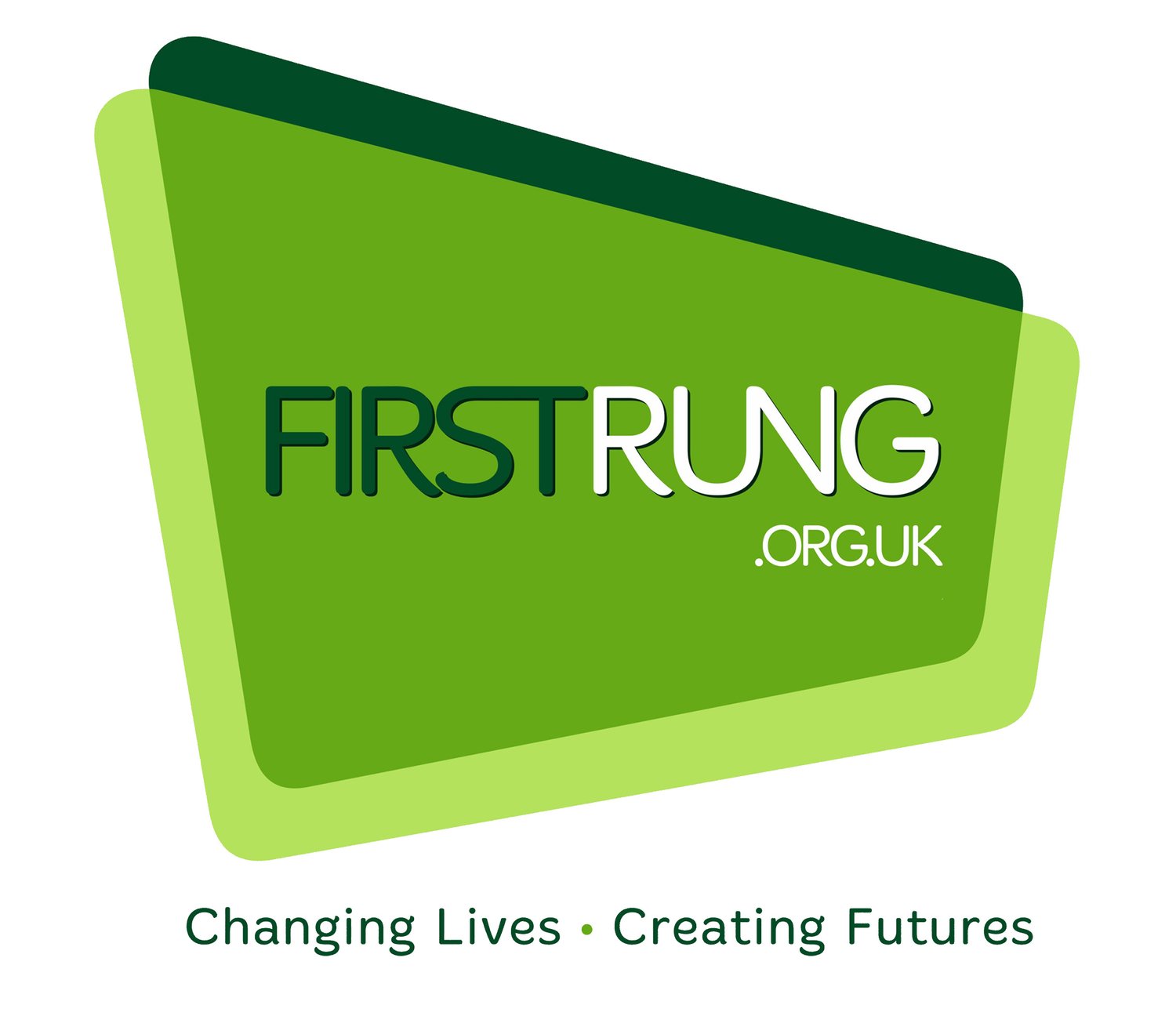FAQ - Everything you need to know about apprenticeships
Your Comprehensive Guide to Apprenticeships: Answers to Common Questions
Embarking on an apprenticeship is an exciting journey that blends hands-on experience with academic learning. Whether you're just starting to explore your options or you're ready to apply, it's natural to have questions. This FAQ section provides clear, concise answers to some of the most common queries about apprenticeships—from costs and application tips to what employers are looking for and how to prepare. Dive in to ensure you're fully informed and ready to take the next step in your career.
Are apprenticeships free?
There are no tuition fees or costs attached to an apprenticeship. In fact, while you are an apprentice, your employer pays you a salary.
How do I stand out when applying for an apprenticeship?
Tailor your CV to the role you’re applying for. If you share skills or characteristics mentioned in the job description add them to your CV.
Don't be afraid to show a little personality in your CV. An easy way to do this is to add your hobbies and interests.
Research the company’s social media accounts and website. Find out what values they hold, what products and services they offer; what their history is, and anything significant that you can drop into the interview.
What do employers look for in an apprentice?
Willingness to learn - you'll need to be self-motivated and have the drive to succeed and learn so you can take ownership of your own career journey.
Adaptability - apprentices are exposed to different tasks and challenges and you should be easily adaptable and open to change and new situations.
What do I need to know about apprenticeships?
Get hands-on experience.
Earn a salary and get the same rights as employees, including sick leave and holiday pay.
Spend at least 20% of your working hours training or studying.
Undertake ongoing assessments, including an end-point assessment.
Can I find my own apprenticeship employer?
Once you have competed your CV and you've made the decision as to what sort of Apprenticeship you would like to do, call in to businesses that operate in that industry and introduce yourself. Ask them if they would be interested in an Apprentice and make sure you leave your CV behind with your contact details on.
Is it better to go to university or do an apprenticeship?
Doing an apprenticeship enables you to start earning a salary straight away. You gain industry experience from a younger age, which makes it easier to progress in your chosen sector. University you incur fees to study and there is no guarantee of a job once you have completed your degree. Once you complete your Level 3 apprenticeship you can progress onto a Level 4 (Foundation degree apprenticeship).
What is a level 3 apprenticeship equivalent to?
Level 3 apprenticeships are also known as advanced apprenticeships and are generally considered to be equivalent to two A level passes.
What's the difference between a college and a training centre?
Colleges:
Offer a wide range of courses, including degree programs, BTECs, and other educational courses.
Cater to hundreds or thousands of students.
Provide support services like counselling, tutoring, and career advice, but with less personalised attention due to the large student population.
Training Centres:
Smaller and more focused on specific vocational or technical courses.
Provide extensive wrap-around support to ensure personalised guidance and assistance.
May not have the extensive facilities of colleges but are equipped to support their specific training programs.
First Rung:
A training centre with small class sizes (max 13 students) for tailored support.
Focuses on delivering a personalised learning experience to help learners excel.
How do I prepare for an apprenticeship?
Research the apprenticeship and the organisation.
Practice by doing a mock interview.
Check where and when the interview is.
Get to the interview early.
Dress appropriately and stay focussed.
Ask questions if you don't understand.
